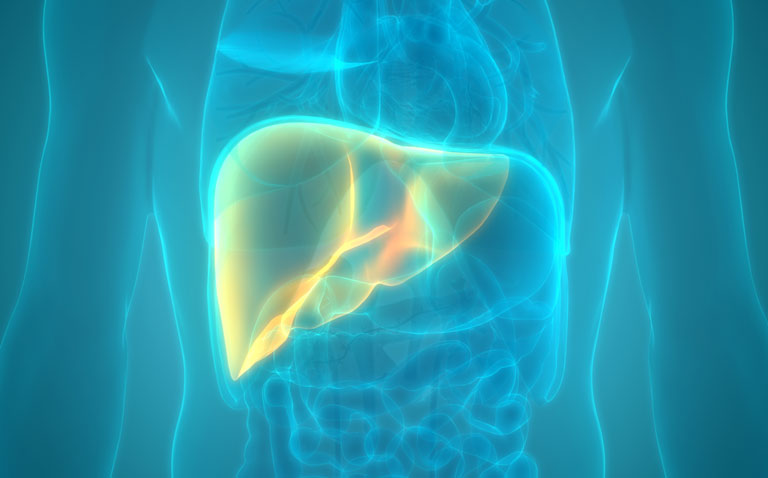Data published from an international registry reveals high rates of death and liver failure amongst people with liver disease who contract coronavirus.
Alarmingly, more than a third (36%) of patients with cirrhosis who developed the virus died. The rates of death in patients with liver disease are much higher than those observed in the general population, where studies predict between 3-4% of people who have tested positive for COVID-19 die.
The British Liver Trust is calling for the Government to include those with the most severe form of liver disease in the guidance for ‘extremely vulnerable’ people so that they follow the shielding advice and get access to support from their local authority.
The new findings have come from a collaborative international registry co-ordinated by the University of Oxford (UK) and the University of North Carolina (USA). Dr Thomas Marjot, who leads the team alongside Professor Ellie Barnes said, “Until now, we have known very little about the effects of coronavirus in patients with pre-existing liver disease. This multicentre study suggests that people with liver disease who develop COVID-19 have poor outcomes. The severity of underlying liver disease seems to predict poor outcome, with the most vulnerable patients being those with decompensated cirrhosis. We also show that contracting the virus may lead to a deterioration in liver function and therefore those coming into hospital with worsening symptoms of liver disease should be tested for coronavirus as soon as possible.”
The last month has seen the British Liver Trust’s nurse-led helpline receive 155% more calls than at the same time last year. Many of these are from people with decompensated cirrhosis who are confused about whether they should be shielding.
Professor Stephen Ryder, Medical Advisor to the British Liver Trust said, “Coronavirus is a new disease and we are still learning every day about the risks. As the UK begins to relax lockdown, this new data suggests that we need to make sure that everyone with liver disease continues to protect themselves from this virus by strictly following social distancing measures and that those with ‘decompensated liver disease’ follow the stricter shielding advice.
It’s also important to recognise that although these results are really worrying for liver disease patients they don’t apply to everyone. Doctors often only submit data to the registry for the most serious cases they see. Many other people who have contracted the virus at home, may have recovered and will not be in these records.”
The British Liver Trust is taking the issue of why decompensated liver disease patients are not included with the Government to seek further clarification. In the meantime, if patients are concerned about their own situation, they should contact their own liver specialist to obtain specific advice from them.
Pamela Healy, Chief Executive of the British Liver Trust said, “We urgently need the Government to ensure that these patients are shielding and are given the appropriate support. There is also a great deal of confusion confounded by the fact that the advice is different depending on whether you live in England, Scotland, Wales or Northern Ireland. From a patient perspective it would be really helpful if there was equity of advice and care across the nations.”
People with decompensated cirrhosis are already very ill with problems such as encephalopathy, ascites, jaundice and bleeding problems. Many of these patients have multiple complex problems including mental health issues, addiction, obesity and deprivation. They may not have family members who are able to support them in accessing food and medicines. It is therefore really important that these patients are provided with a letter so that they can access this support from their local authority.”
Shielding is different from social distancing as it involves staying at home at all times and avoiding all face to-face contact for at least twelve weeks, except from carers and healthcare workers who you must see as part of your medical care. The Trust has sought advice from senior liver clinicians and they have acknowledged that patients with decompensated cirrhosis are vulnerable and high risk. The British Liver Trust is therefore advising that all patients who have signs of decompensation (for example, jaundice, ascites, encephalopathy) or who have been hospitalised for liver disease to follow the shielding advice.










